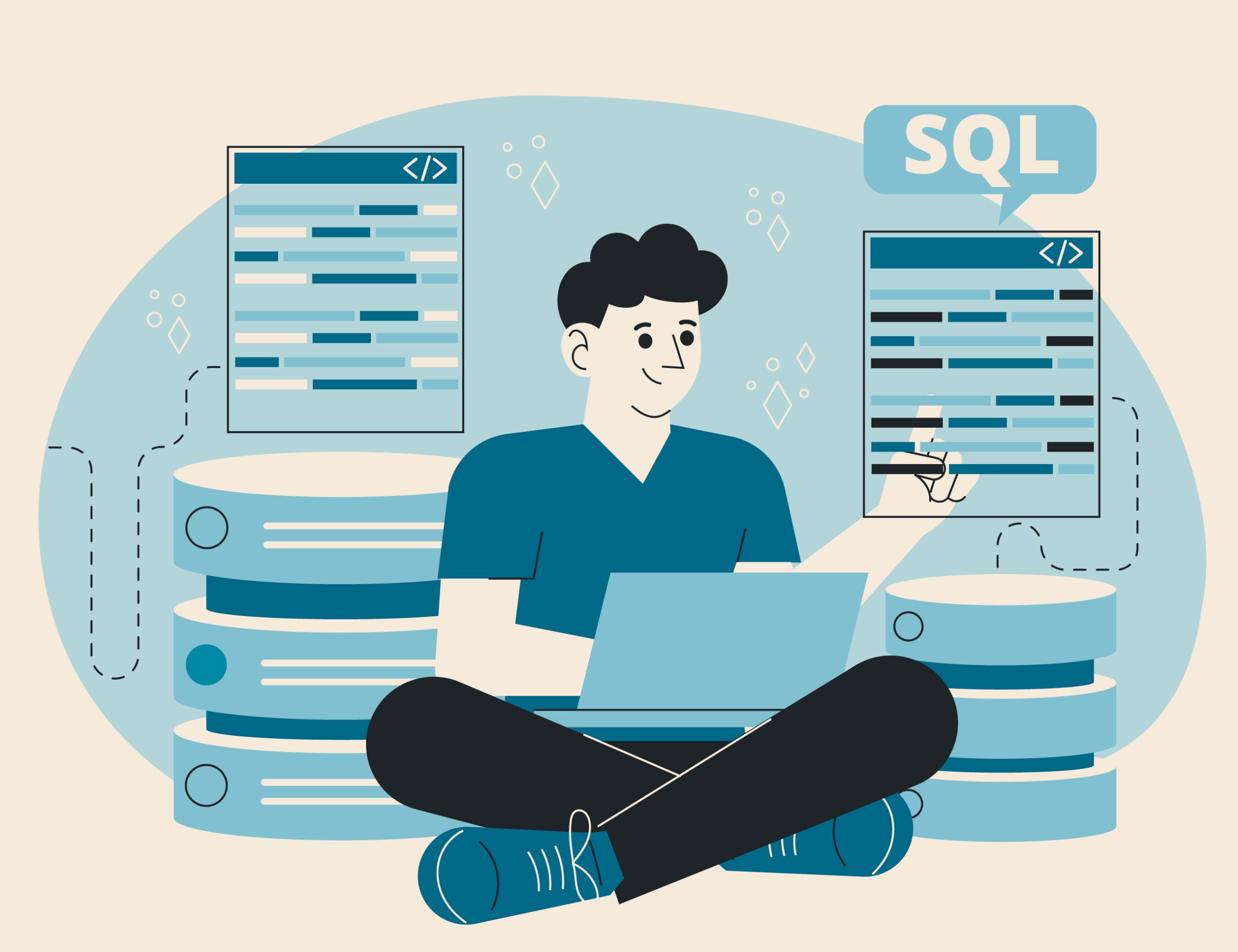SQL (Structured Query Language) is an indispensable tool in the world of database management and data processing. Reporting, on the other hand, is the key to transforming this data into meaningful and actionable insights.
What is SQL and Why is it Important?
SQL is a programming language used to manage and manipulate databases. It is used to query, update, insert, and delete data in relational databases. The main reasons for SQL’s widespread use include:
- Ease of Use: SQL enables users to easily write complex data queries thanks to its understandable syntax.
- Flexibility: SQL works with various data types and is compatible with a wide range of database systems.
- Performance: It performs well even with large datasets, producing fast results.
- Standardization: SQL is accepted by standardization organizations like ANSI and ISO, making it a universal language.
The Connection Between SQL and Reporting
- Data Collection: SQL queries gather the desired information from databases, such as pulling sales data for a specific date range.
- Data Transformation: Filtering, grouping, and sorting operations are performed to make data analyzable.
- Data Analysis: Data generated by SQL is transferred to Business Intelligence (BI) tools where it is visualized.
- Report Generation: Finally, analyzed data is presented as meaningful reports, which may include charts, tables, and summaries.
The Impact of SQL on Reporting
- Real-Time Repors: With SQL queries, you can access and report on the most up-to-date information in your database.
- Customizable Reports: By writing custom SQL queries tailored to business needs, you can create reports targeting specific data.
- Automated Reports: Scheduled SQL queries generate automatic reports at specified intervals, meeting businesses’ periodic report needs.
- Data Integrity and Accuracy: SQL ensures data integrity and accuracy in relational databases, ensuring reliable reports.

What Tools Can I Use?
Some tools that allow you to see data analysis more accessible and visually:
- Microsoft Power BI: This tool integrates with SQL queries to provide data visualization and reporting functions through a user-friendly interface.
- Tableau: It allows users to create visualized reports by pulling data from SQL databases.
- Looker: By creating SQL-based data models, Looker offers customized and interactive reports.
- Sembol BI: This tool specializes in business and dynamic reporting, enabling effective report creation with SQL integration.
What is the Importance of This Structure in Businesses?
- Data-Driven Decision Making: Reports based on accurate and current data support businesses in making strategic decisions.
- Increased Efficiency: Automated and dynamic reporting systems eliminate manual reporting processes, saving time and resources.
- Rapid Response Time: With real-time data, businesses can quickly respond to market changes and opportunities.
- Competitive Advantage: Insights gained from data analysis and reporting provide businesses with a competitive edge.
Important Items
- Data Security: SQL ensures your data remains secure and organized.
- Easy Integration: It works seamlessly with many data sources.
- Visualization: SQL data becomes meaningful with visualization tools.
- Quick Analysis: SQL queries allow for fast analysis of large datasets.
- Comprehensive Reporting: It offers extensive reporting options tailored to business needs.
FAQs
- Which databases can I use with SQL reporting tools?
- SQL tools are compatible with common databases like MySQL, PostgreSQL, SQL Server, and Oracle.
- Can I create automated reports using SQL?
- Yes, you can create automatic reports periodically using scheduled tasks and SQL queries.
- How do SQL reporting tools improve my business processes?
- SQL reporting tools provide accurate and real-time data analysis, enabling faster and informed decision-making.
Discover the power of data by checking out our article Business Intelligence and Reporting.
